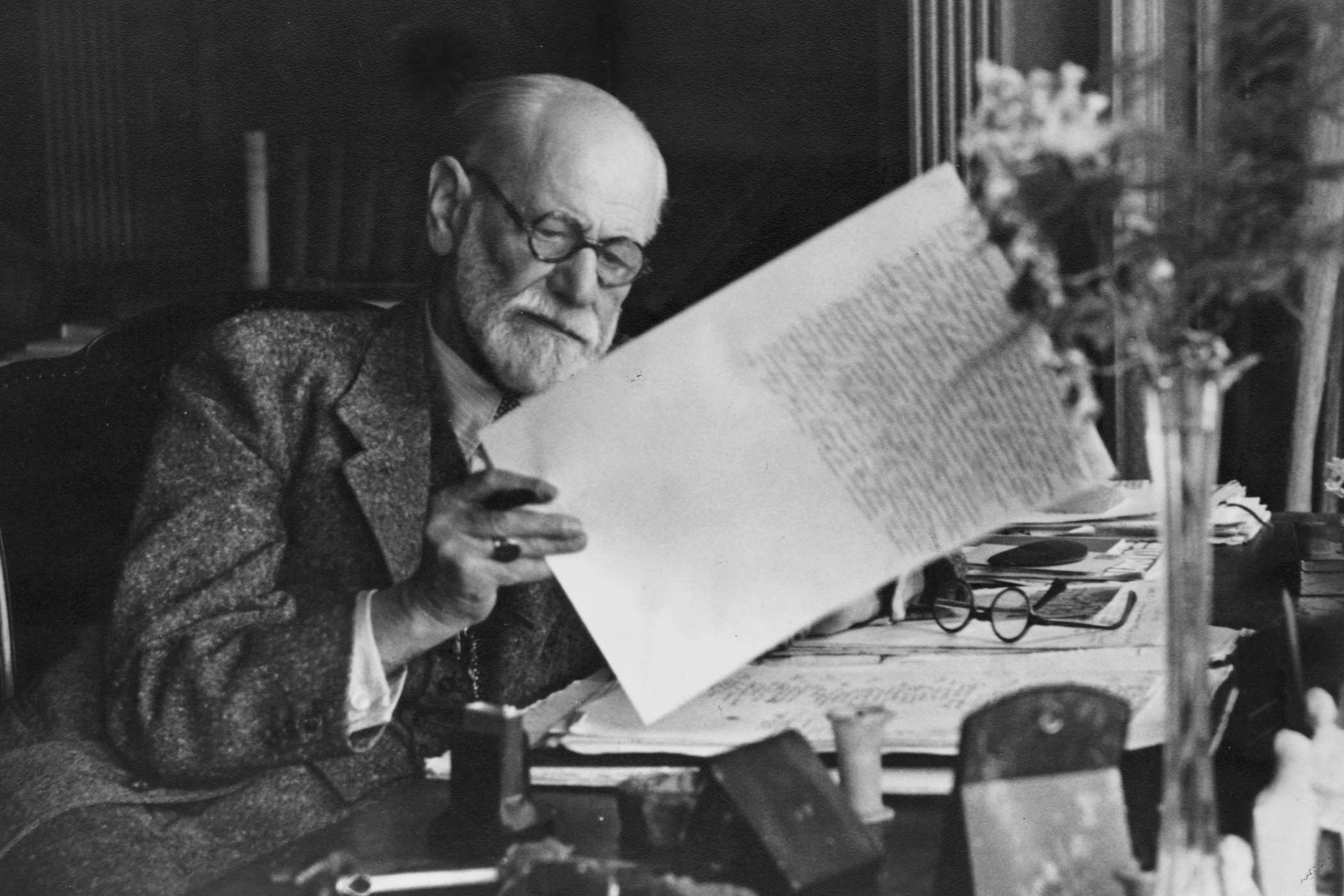It was a true story and people took it to their hearts. When Raynor Winn’s The Salt Path was published in 2018, it became an instant bestseller: as the inspiring tale of a couple overcoming great hardship and serious illness, it offered hope to people who might otherwise have found themselves – like the Raynor and Moth depicted in the book – in despair. As a low-budget film, starring Gillian Anderson and Jason Isaacs, it reached a wider audience: last month it was outperforming Mission: Impossible 8 and Ballerina in UK and Irish cinemas.
Yet it now seems that there’s a story the book and the film doesn’t tell: that its subjects did not lose their home through misfortune but, rather, that Winn, at least, perpetrated various forms of fraud. Concerns have also been raised about Moth’s illness, and whether recovery is possible from this serious neurological condition.
Winn (whose real name is Sally Walker) maintains that her book tells the “true story of our journey”, a journey both physical and spiritual. To some extent, all narratives are constructed and there is no such thing, ever, as “the whole truth”. But it seems in this case that the story that exists outside The Salt Path corrupts any possibility of redemption. The stories of the people harmed by “Raynor” and “Moth” are conveniently erased from the tale; we don’t hear about the land in France where the couple could have gone to stay, instead of being forced – as the book and film depict – to live wild.
How much truth should we, can we, expect from our memoirists? James Frey has a new book out – a novel, Next to Heaven. But in 2006 he became the centre of a literary storm when his memoir of addiction and rehab, A Million Little Pieces, was revealed to be wildly exaggerated. It had been a bestseller, it had been a pick of Oprah’s Book Club – but when The Smoking Gun website unearthed Frey’s excesses, Oprah Winfrey hauled the author over the coals. Frey was an early victim of what we now call cancellation. His abashed publisher offered refunds to anyone who felt they’d been duped, setting aside millions for payouts – yet, in the end, few claims were made – about 1,700, costing the Random House less than $30,000, which isn’t much in the grand scheme of things. Right now, A Million Little Pieces is tagged as both “fiction” and “biography & true stories” on the Waterstones website.
Sign up for our daily newsletter for free by clicking here.
The Salt Path is different. Frey was an addict in fact and now he is not; his lies – and he has called them that – did not conceal harm to others. I’d argue too that Frey, with his fuck-you attitude, never sought truly to evoke our sympathy or actively to inspire us (though readers of his book may have felt sympathetic and inspired). Intention matters. And of course we can take inspiration from fiction: the transformation of Ebenezer Scrooge is powerful, for all the reader knows that there never was any Scrooge, never mind all those ghosts.
One could argue that the genre of “autofiction” – narratives explicitly modelled on the author’s life and yet positioned at one remove – blurs the boundary between fiction and fact. Karl Ove Knausgaard’s many-volumed My Struggle, Rachel Cusk’s Outline trilogy, much of the work of the Nobel-prize winning Annie Ernaux – invite us to identify the work and the writer. But a certain distance is maintained. We don’t see these works as factually true.
The Salt Path makes me think of the story of Belle Gibson, an Australian “wellness entrepreneur” – a “Gamechanger with brain cancer + food obsession” as she described herself on Instagram – who was convicted in 2017 of misleading and deceptive conduct, her cookbook pulled from shelves. She’d built a brand (which is, these days, a kind of memoir) around her supposed ability to cure her illness with wholesome foods and home remedies, a fraud that became the basis of the recent Netflix series Apple Cider Vinegar. Of course, in The Salt Path, we don’t know the truth of Walker’s partner’s condition.
When our sympathy is sought, we deserve the truth. Stories of survival that claim to be true and play on our desire to have faith, bear a weight of responsibility to the reader that should not lightly be betrayed.
Photograph by PA
Newsletters
Choose the newsletters you want to receive
View more
For information about how The Observer protects your data, read our Privacy Policy



